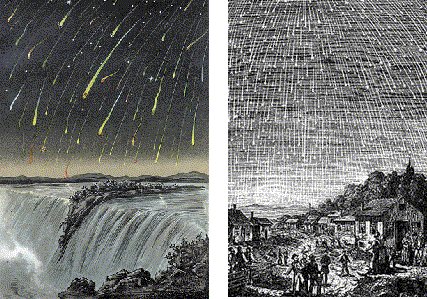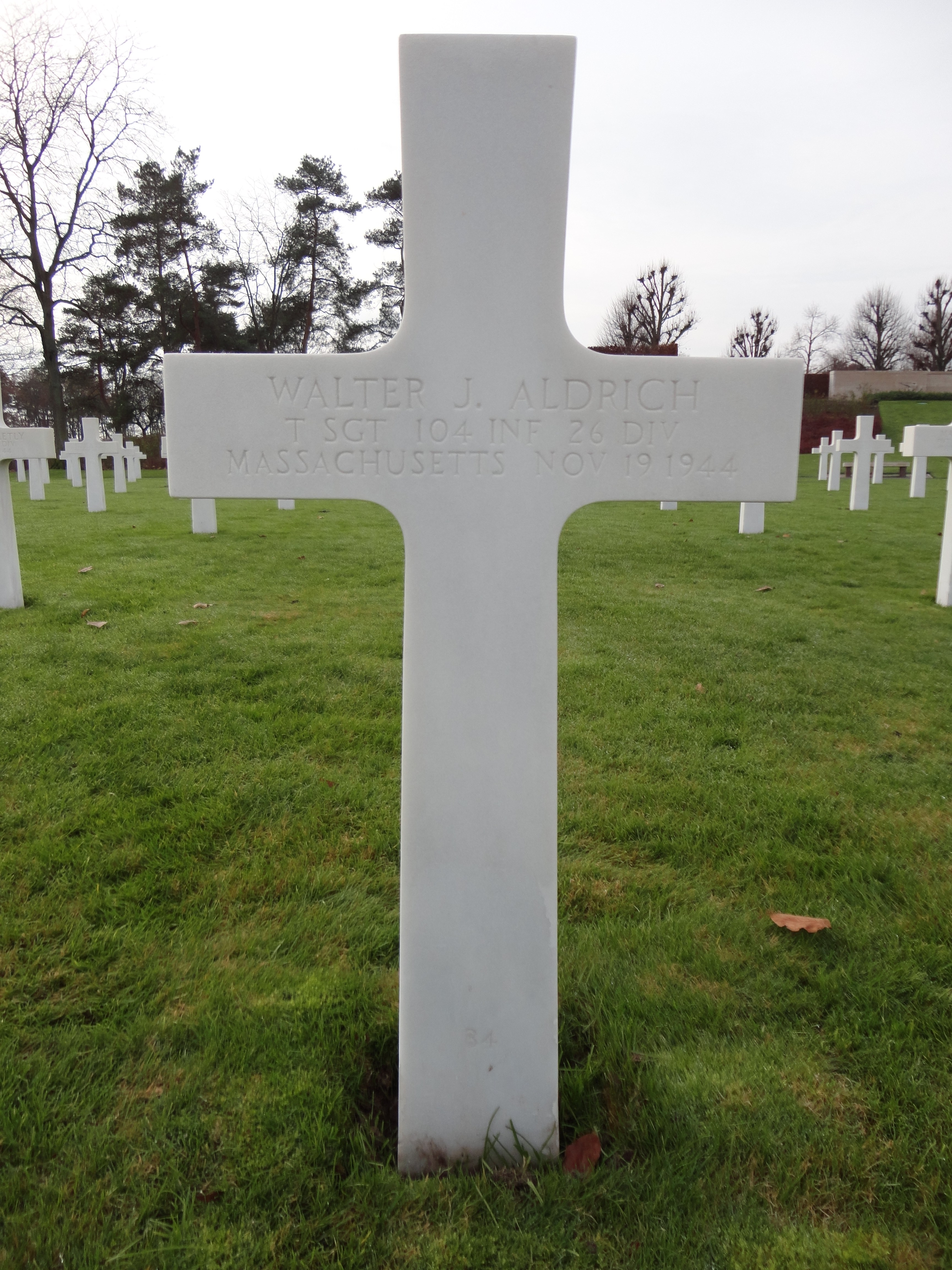This is the story that moved me the most today. Clara Gantt of Los Angeles, 94 years old, accepted the remains of her husband on Friday at Los Angeles International Airport, a short time after learning that he had in fact died in 1951 as a prisoner of war in North Korea. That country has slowly, so slowly, begun to release information about and even the mortal remains of battlefield dead and dead POWs to its sworn enemy, the United States.
Mrs. Gantt's final contact from her husband was a Christmastime letter sent from the front at the end of 1950. Shortly after, historians now know, he was taken prisoner on the battlefield and died in Korean custody. They had only been married for two years, or 65, depending on whether one asks Mrs. Gantt.
Her dedication to the memory of her late husband was such that she refused to consider him her late husband until this year, when she learned that the government had received remains from North Korea and positively identified them as Sgt. Joseph Gantt. She told reporters that even when she was able to purchase a house for herself in the 1960s, she also hired a gardener to tend it, since she knew he did not like yard work and she wanted him feel free to do whatever he liked when he returned home from the war.
From the Los Angeles Times story: "During the last 63 years, no one else caught Clara Gantt's fancy as she waited for news of her husband. She told the base officials assigned to check wives' homes for other men to come by anytime, (as) they'd never catch her with anyone.
"'I am very, very proud of him. He was a wonderful husband, an understanding man,' she told reporters at the airport. 'I always did love my husband, we was two of one kind, we loved each other. And that made our marriage complete.'"
Widow, 94, Receives Remains of Fallen Husband
I learned about that kind of enduring love from my grandparents. Eighteen years ago this month, William Aldrich died, aged 91. Bill and Edith (Pearson) Aldrich were married for 64 years. I asked my grandmother if she could recall how they met. "How did we meet? I don't think I remember," she said and looked at her sister-in-law, my great-aunt June, and repeated my question.
"What did we do?" she asked. June brightened, "We danced."
"I guess we danced," my grandmother nodded and looked at me. The two of them held hands and repeated, "We danced."
Edith Aldrich had a gift that the widow in Los Angeles did not receive: She saw her husband every day for 64 years. But both love stories are priceless.
As they grew old and then older, my grandparent's life became that "complete" marriage. In their small Vermont hill town, the mail was delivered twice a day to the country store. My grandfather would march down the hill, cross highway 100 and the bridge over the West River, collect the mail and return. Her eyes would follow him every step.
By age 85, he was living with Alzheimer's and her watchful care included hiding the car keys and having my uncle (and once, me) conceal the lawnmower behind the barn, lest he act on his foggy desire to fix something, anything, and hurt himself. (When I last saw him, age 89, he was still able to bend at the waist and pluck his hated dandelions out of the ground from a standing position, so he remained physically strong till the end.)
My grandmother outlived her beloved Bill by almost 14 years, dying in June 2009 at age 98. One day, years into her widowhood, she and I went for a walk on her road, the same road as the family cemetery, and she mentioned him.
"I miss your grandfather every day," she told me, as if this was something she had been thinking about. "I'm not interested in joining him just yet, but I know he's waiting for me."



